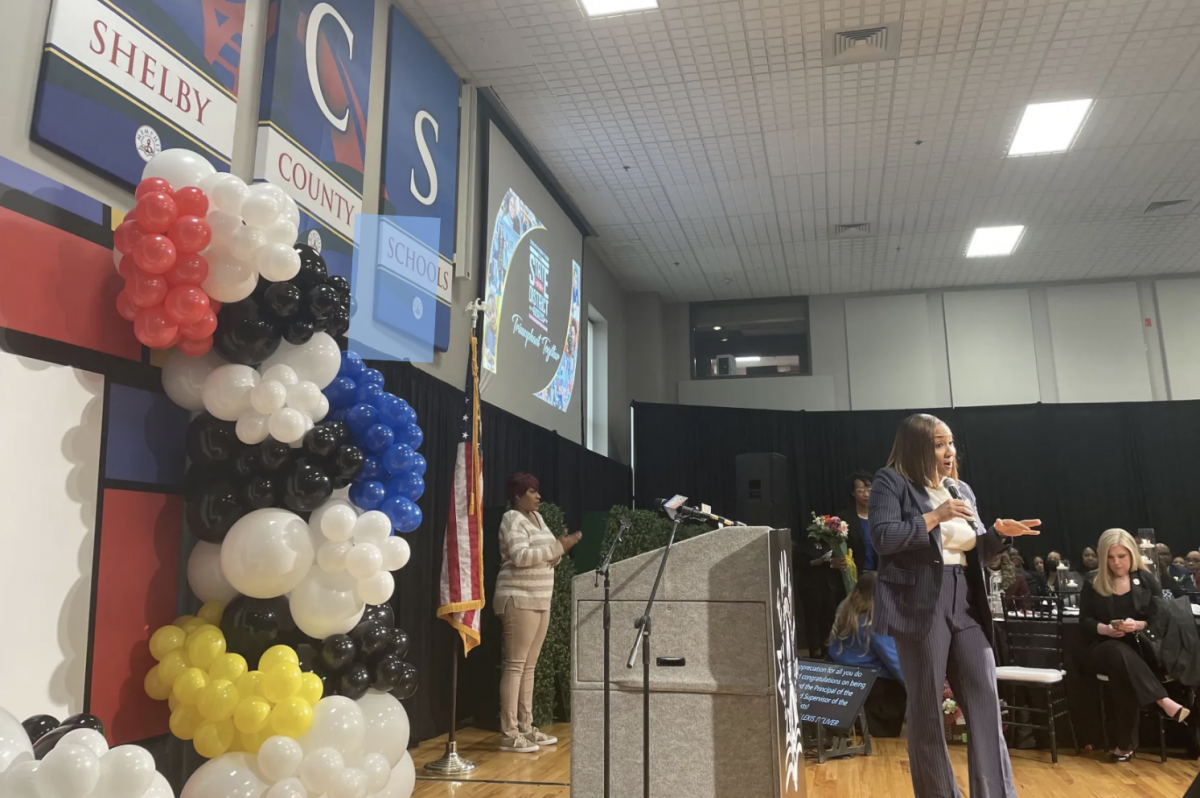For the first time, a charter school in Tennessee’s turnaround district will exit the state program and return to the Memphis district’s management, Memphis-Shelby County Schools announced last week.
Hanley School, a K-8 school in Orange Mound, was taken over by the state and placed in the Achievement School District a decade ago to be run by a charter operator. This fall, it will be part of the Memphis district’s turnaround model, known as the iZone.
The move marks a setback for the school’s charter operator, and another twist in the chaotic unwinding of the Achievement School District, which has been rocked by leadership turnover and turmoil.
The state district began operating in 2012 and was designed to elevate some of Tennessee’s lowest performing schools by turning them over to charter operators under 10-year management contracts. The schools were to exit the ASD once their performance improved and return to their home districts — either Memphis, home to all but two of the schools, or Nashville.
But state leaders have acknowledged for years that the turnaround effort had failed in its mission. And as some of the 10-year management contracts near expiration, they have scrambled in recent years to figure out how to move schools out of the faltering ASD and get them on a path to improvement.
The current state policy describes several pathways for an ASD school to leave the district, including some options to stay open as a charter. The policy stresses “school specific” plans to account for each school’s “unique” situations.
In the case of Hanley, the policy resulted in the current operator, Journey Community Schools, not being able to keep the school under its network, and the transition to MSCS began over the last few months.
As other ASD schools creep up on their final years, Memphis could see a wave of school closures if MSCS doesn’t bring those schools back into the district.
Nickalous Manning, executive director of Journey Community Schools, denounced the way Hanley’s transition is being handled.
“The children and families in Orange Mound and at Hanley deserve a voice and a say in their children’s education,” Manning told Chalkbeat Wednesday, echoing a common complaint in Memphis that state leaders make decisions and policies affecting local families — like creating the ASD — without their input.
Manning accused state officials of not communicating an impending deadline for Hanley to apply to remain open as a charter school, and faulted them for not holding more public meetings with families. The exit process was unclear, Journey wrote in a letter to the state asking for a waiver of laws that prevent Journey from continuing to operate the school.
The state’s education commissioner, Penny Schwinn, cited state law and rules in denying the waiver. MSCS shared copies of the letters between Manning and the state with Chalkbeat to explain why the district won’t consider Journey’s charter application for Hanley.
The Tennessee Department of Education, where the ASD is housed, told Chalkbeat that all ASD charter operators received information about transition plans in 2020. ASD leaders meet monthly with the charter operators to review school status, department spokesperson Victoria Robinson said.
Robinson supplied a list of meetings scheduled over the last academic year with Hanley officials about the transition. Parents received a letter about the plans in January, Robinson said, and were invited to a meeting early last week.
Manning, who grew up in Orange Mound, said Journey plans to keep trying to hang on to Hanley.
Hanley will be the first charter school in the ASD to return to MSCS as a traditional public school. Four other ASD schools in Memphis were never operated as charter schools, and transitioned to MSCS operations this school year, also as part of the district’s iZone program.
Others have followed different pathways as dictated by the state policy, which takes into account the school’s test scores, the local district’s test scores, and how many years are left in the charter contract.
In most of the exits, schools where students showed high growth on state tests have swapped from the ASD to the Tennessee Public Charter School Commission’s oversight.
That option wasn’t available for Hanley. Available school testing data shows Hanley’s students haven’t noticeably improved during the state takeover, much like other schools in the ASD.
Hanley’s reading scores, for instance, are nearly on par with the ASD average this year, and lower than a nearby MSCS elementary school, Dunbar. Neither school had more than 12% of students meeting reading benchmarks.
Only one Memphis ASD school has applied to join MSCS as a charter. The board approved it against the recommendation of the district. In April, MSCS board members will have a slate of five ASD schools to consider reabsorbing as charter schools, including Coleman School, another Journey school in its ninth operating year.
Laura Testino covers Memphis-Shelby County Schools for Chalkbeat Tennessee. Reach Laura at LTestino@chalkbeat.org.
Chalkbeat is a nonprofit news site covering educational change in public schools.

